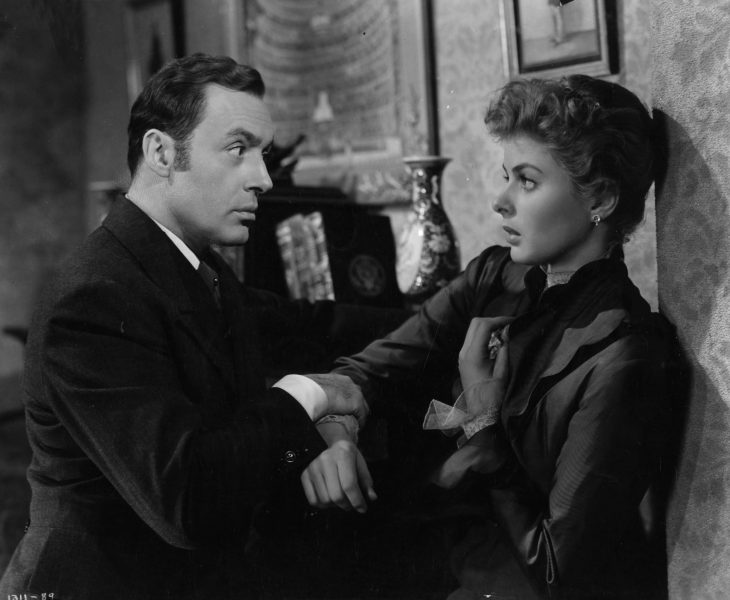Last month, the American short story writer Carmen Maria Machado spoke out about a disappointing interaction she had once had with the author Junot Diaz. She took Diaz to task regarding his male protagonists’ relationships with women, and was met with a ‘a blast of misogynist rage’. Diaz ‘went off’ at her ‘for twenty minutes’, ‘raised his voice’, ‘became enraged’ and ‘slid into bullying and misogyny’. An audio recording of the Q&A subsequently emerged online which appeared to contradict her account: Diaz, it seems, had been robust but courteous. Last week, Machado published a series of tweets complaining that social media users’ comments about the recording made her feel ‘gaslit and insane’. She lamented the fact that these comments prompted her to briefly doubt her own recollection of events: ‘That’s the power of gaslighting, I guess.’
What is ‘gaslighting’? The term originates in Patrick Hamilton’s 1938 play Gas Light, about a man who deliberately tries to convince his wife that she is losing her mind.

Britain’s best politics newsletters
You get two free articles each week when you sign up to The Spectator’s emails.
Already a subscriber? Log in






Comments
Join the debate for just £1 a month
Be part of the conversation with other Spectator readers by getting your first three months for £3.
UNLOCK ACCESS Just £1 a monthAlready a subscriber? Log in